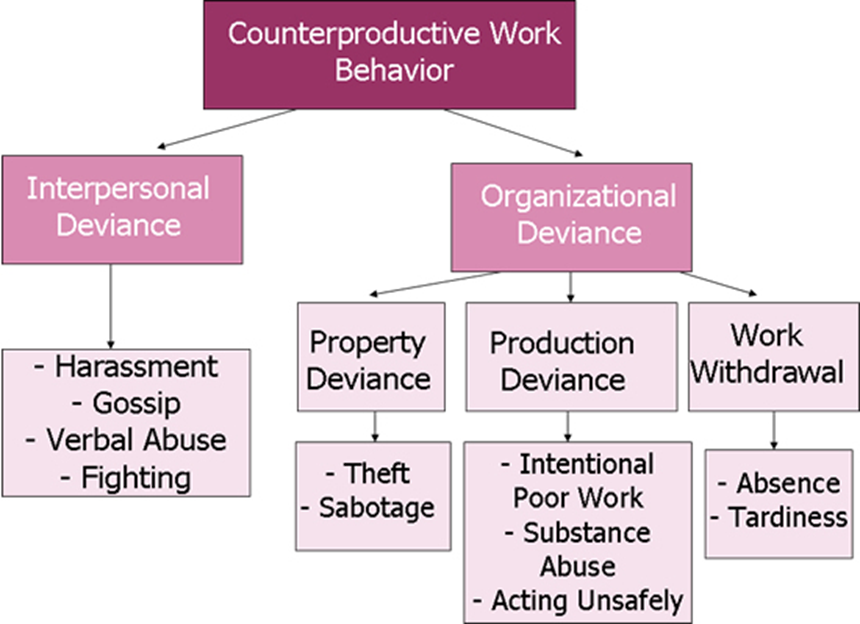Integrity Tests
Integrity tests are single measure psychometric assessments designed to predict:
- Dependability
- Conscientiousness
- Potential to be counter-productive
- Potential to engage in dishonest behaviours
- Potential to work against people and the organisation

This “dependability-conscientiousness” factor is a single scale or preference. Scores on integrity tests tell us only about this factor, nothing about the respondent’s intelligence, ambition, social skill, poise, judgement or health.
Most often integrity tests are utilised as a screening tool to screen out people who have a high potential to display counterprodutive work behaviours.
What are counter productive work behaviours?
Counter-productive work behaviours (CWB) are defined as “Any intentional behaviour on the part of an organisational member viewed by the organization as contrary to its legitimate interests” and includes behaviours such as theft, poor work quality, absenteeism, bullying, tardiness, and substance abuse.
Paul Sackett and Denis Ones have studied the CWB area extensively and have found that counter-productive work behaviours are found in clusters rather than being independent. What that means is that all CWB are significantly correlated : a person who engages in one is more likely to engage in the others.

Two Types of Integrity Test
Covert integrity tests have a disguised purpose and tend to look more like a short personality test.
Overt integrity tests are designed with the purpose of the test being obvious or overt and the questions used are quite direct. For example, they may directly ask how much the candidate stole last year.
The theory behind Overt tests being that we all view ourselves as normal and therefore it would be abnormal to have not stolen, but rather the candidate may admit to stealing an amount as they believe everyone steals and therefore they would not be normal if they admitted nothing.
Both types have strong research data and have been proven to work well in screening out employees that potentially could be counterproductive.
Integrity tests have also been shown to be good at predicting safety behaviours and safety outcomes. Read more about safety assessments
Niche Consulting has an integrity test we have developed NZ norms for and have research backing its validity in the NZ context.
What Niche Clients say about Integrity Testing
“I started using stand alone integrity testing during candidate screening of Production staff after having had great success using it alongside other tools as part of our selection process for Service staff. Over a period of several years using the integrity test to identify those candidates that would be easier to manage helped me develop a more cohesive team of willing and co operative personnel. I believe it works well and is a cost effective and simple tool in application that provides further insight during the screening phase that has helped me avoid some of the pitfalls of the employing the wrong people.” - GR, Branch Manager
"We utilised the Integrity test as part of the recruitment process and found it to be a useful assessment tool. It provided, on the whole, accurate information about whether the candidate was likely to display productive or counter-productive behaviours in the workplace. We found that combining this test with other selections assessments gave us a better understanding of the candidate’s levels of conscientiousness – an area we were particularly interested in as this is a key predictor of job performance. I would definitely recommend this Integrity test." - MB, HR Manager
"We were looking for a screening tool for safety critical roles and we asked Niche consulting to search out a tool which met our criteria. We needed a tool which would be able to accurately identify risk tendencies or impulsive behaviour and a tool which was not daunting to a population which had minimal education and English as a second language. It also needed to be economical and easy to administer. Neisha researched many tools claiming to be for safety critical roles but found only one tool which satisfied her rigorous inspection....We found the tool significantly predicted those with negative safety attitudes." - AM, OD Manager
